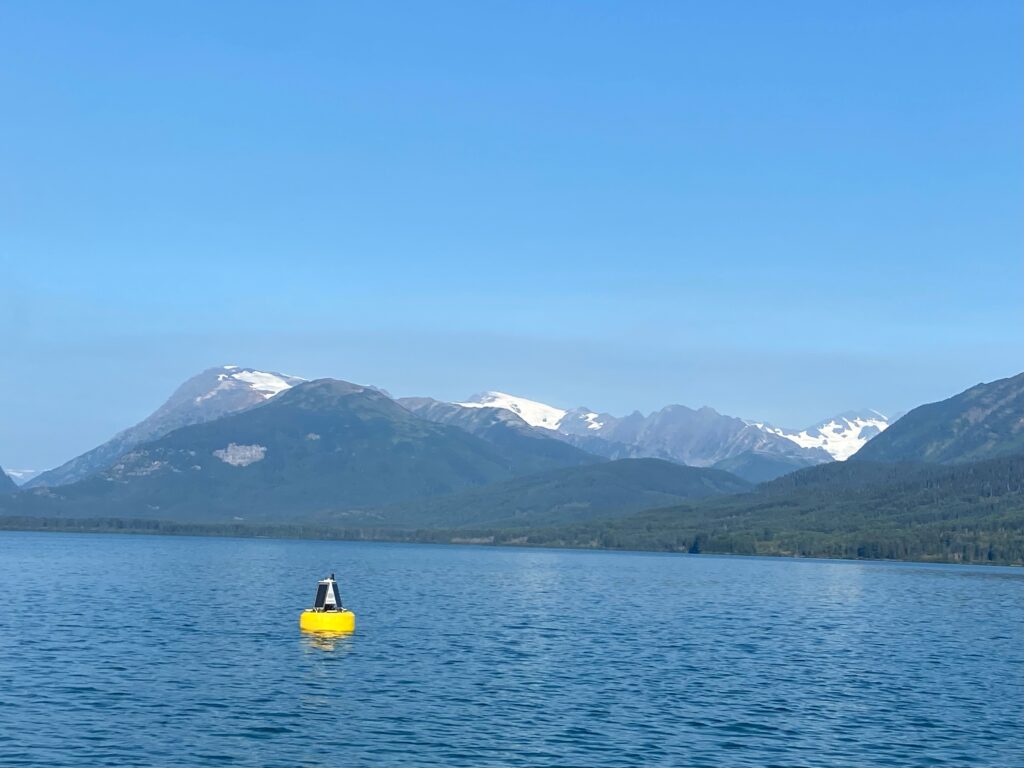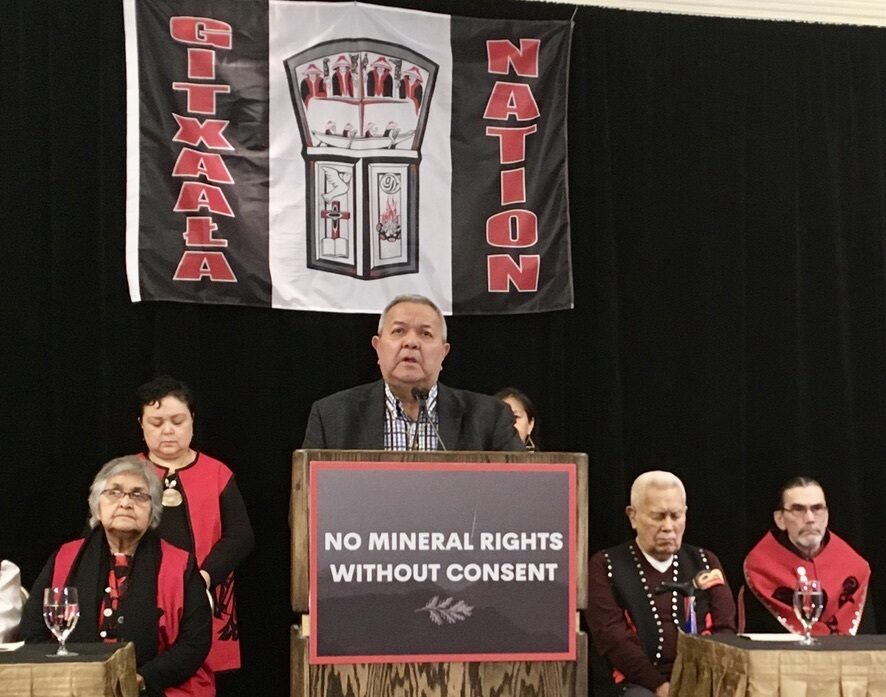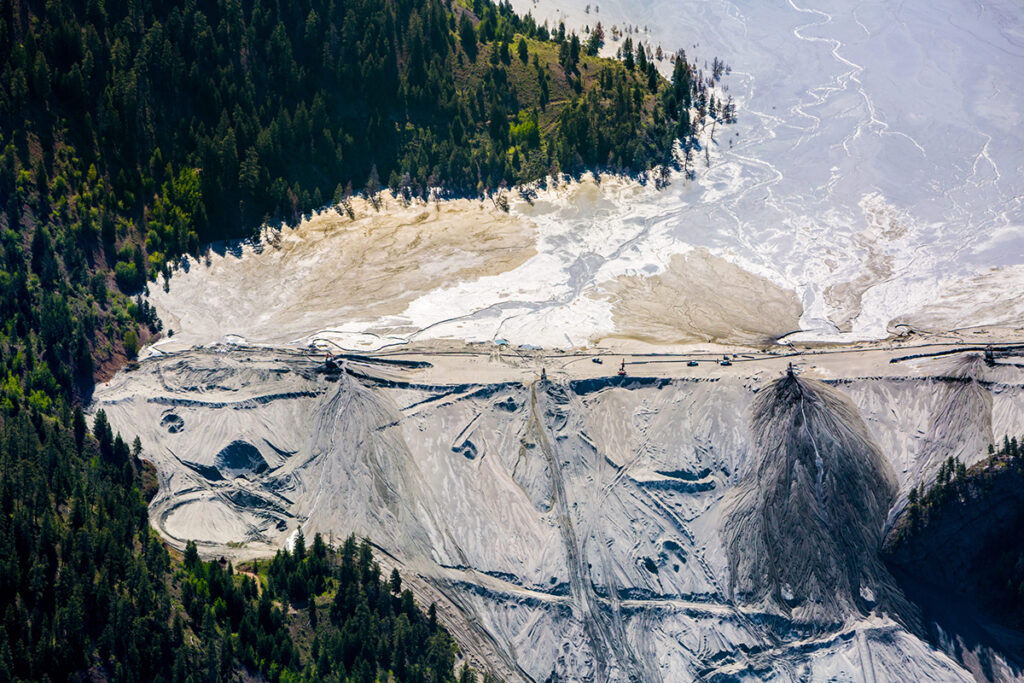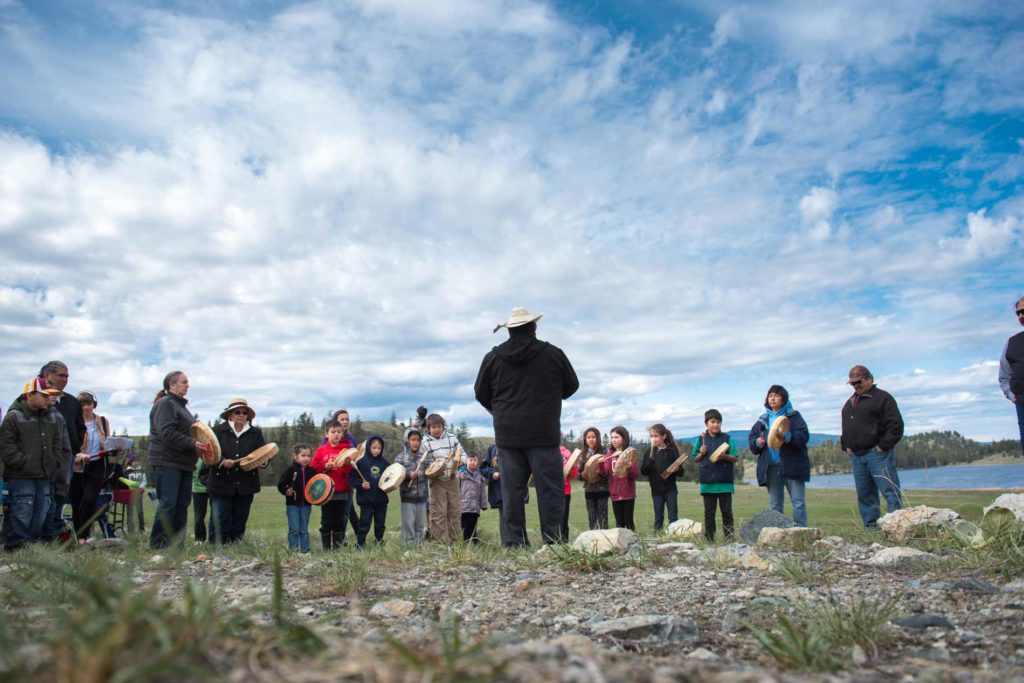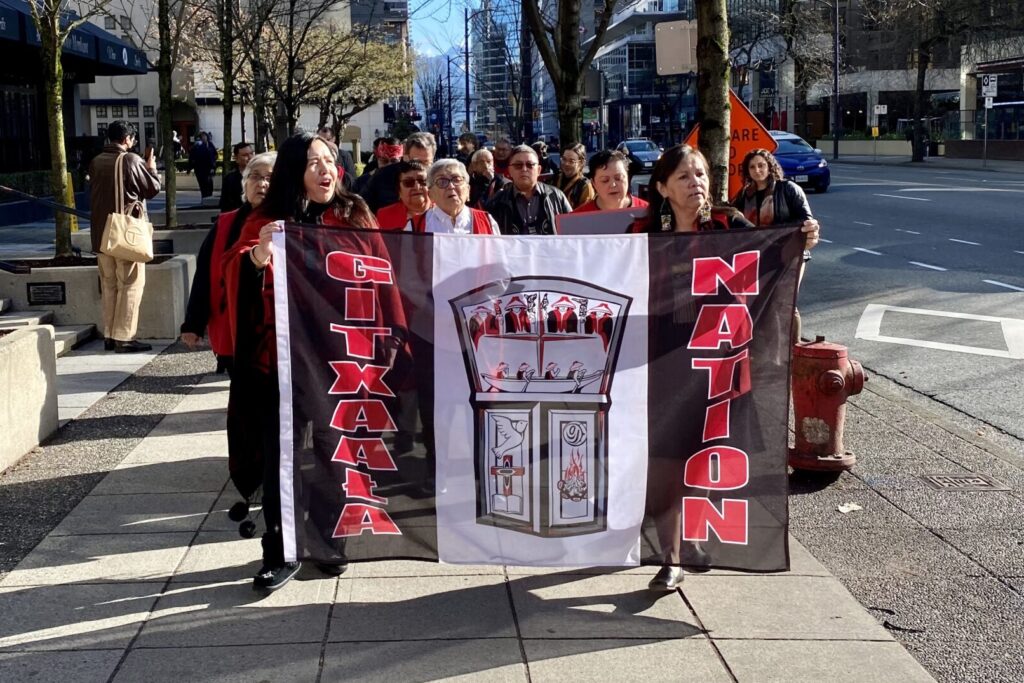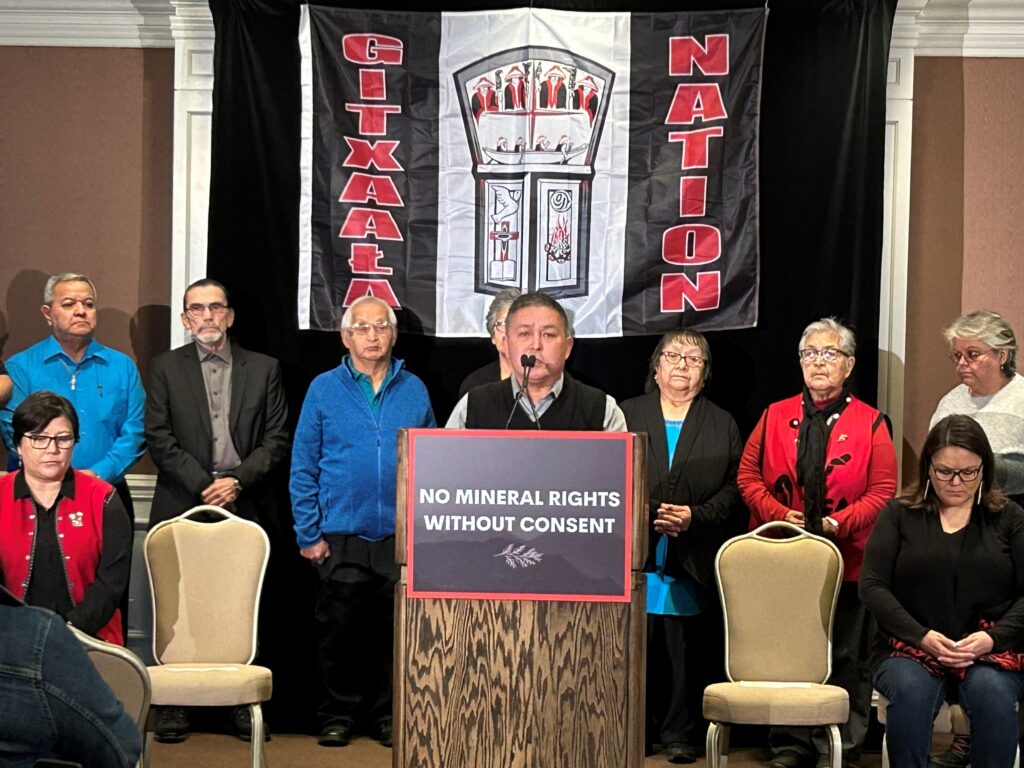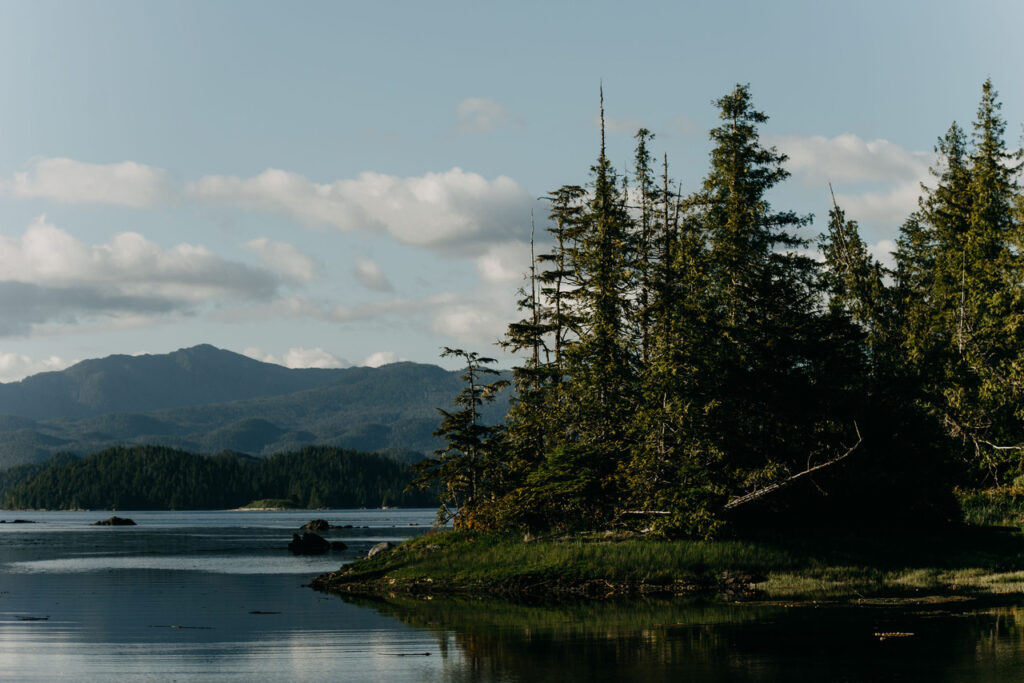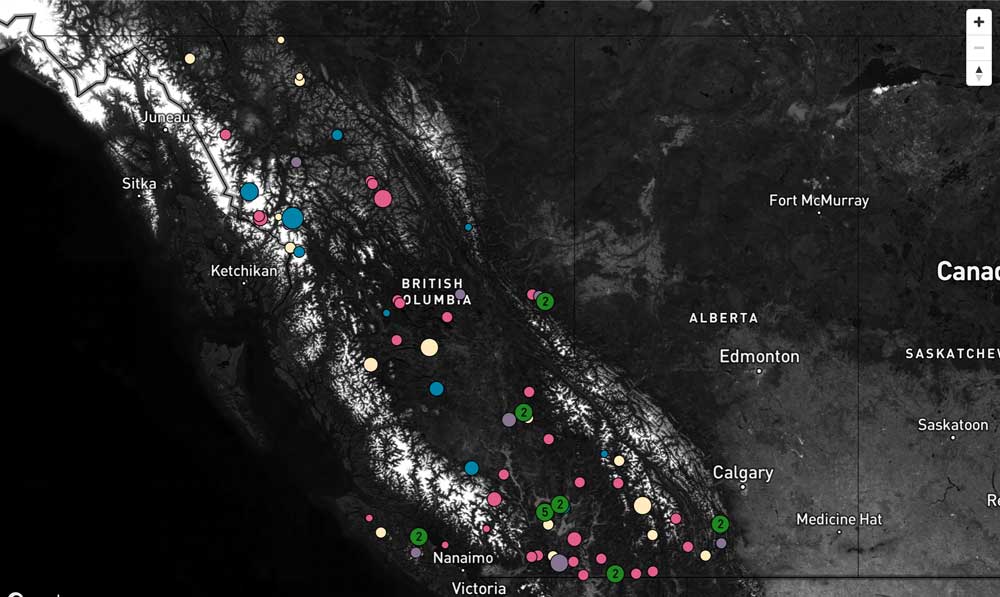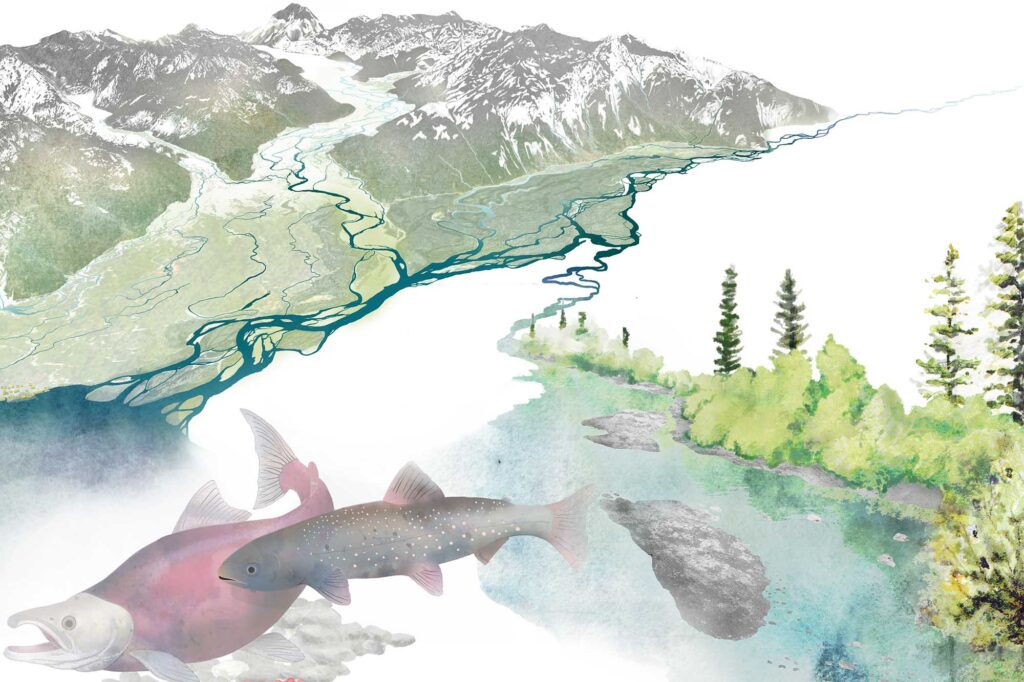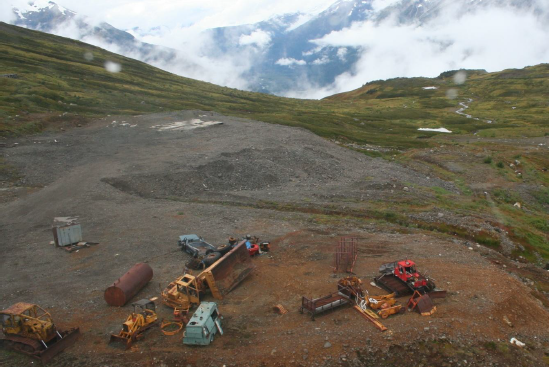As glaciers in British Columbia continue to retreat due to climate change, new salmon habitats are emerging. Yet, as a recent scientific study highlights, these same areas are increasingly becoming targets for mining claims. The study, the result of a collaboration between academic and First Nations researchers, is a stark reminder of the need for… Read more »
